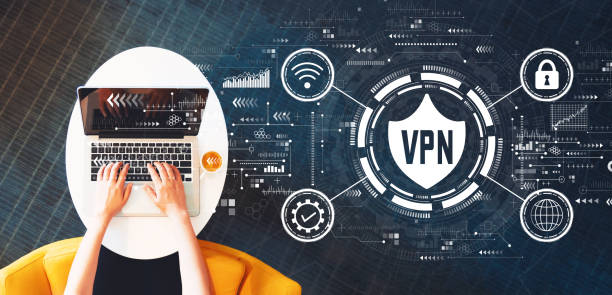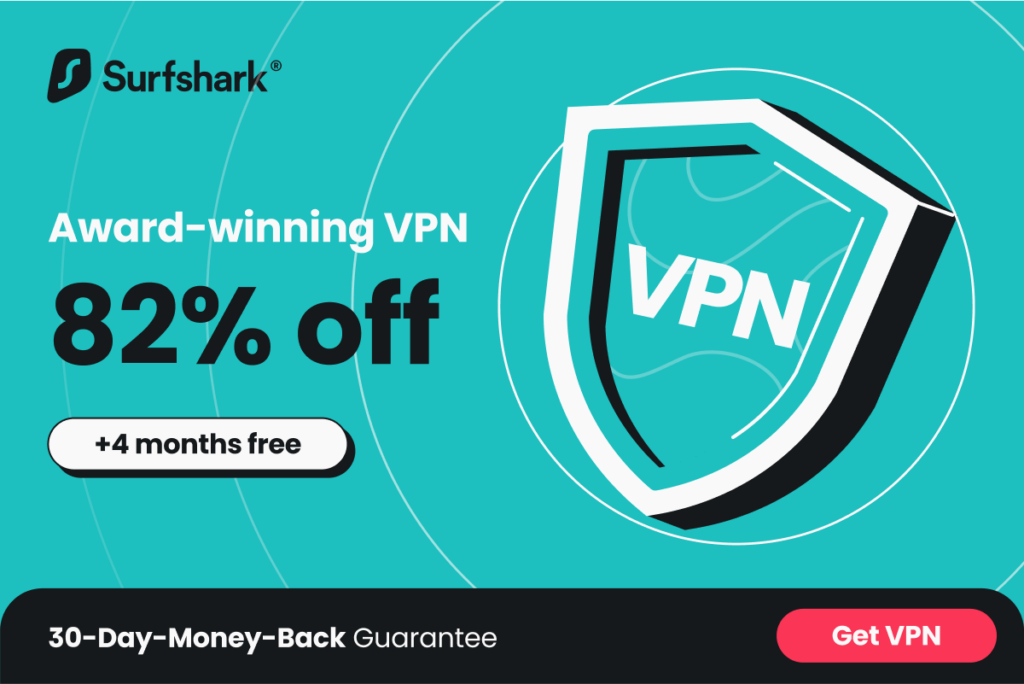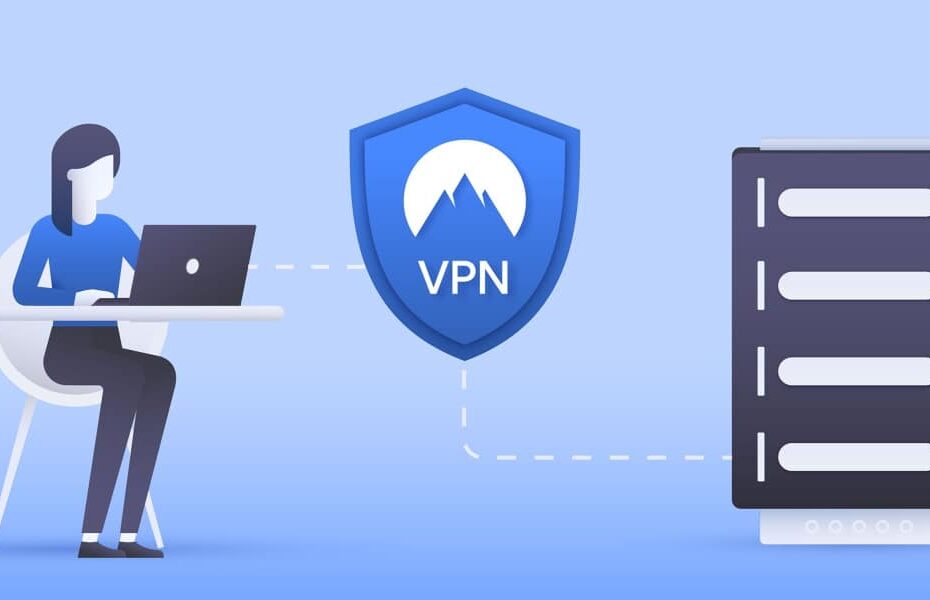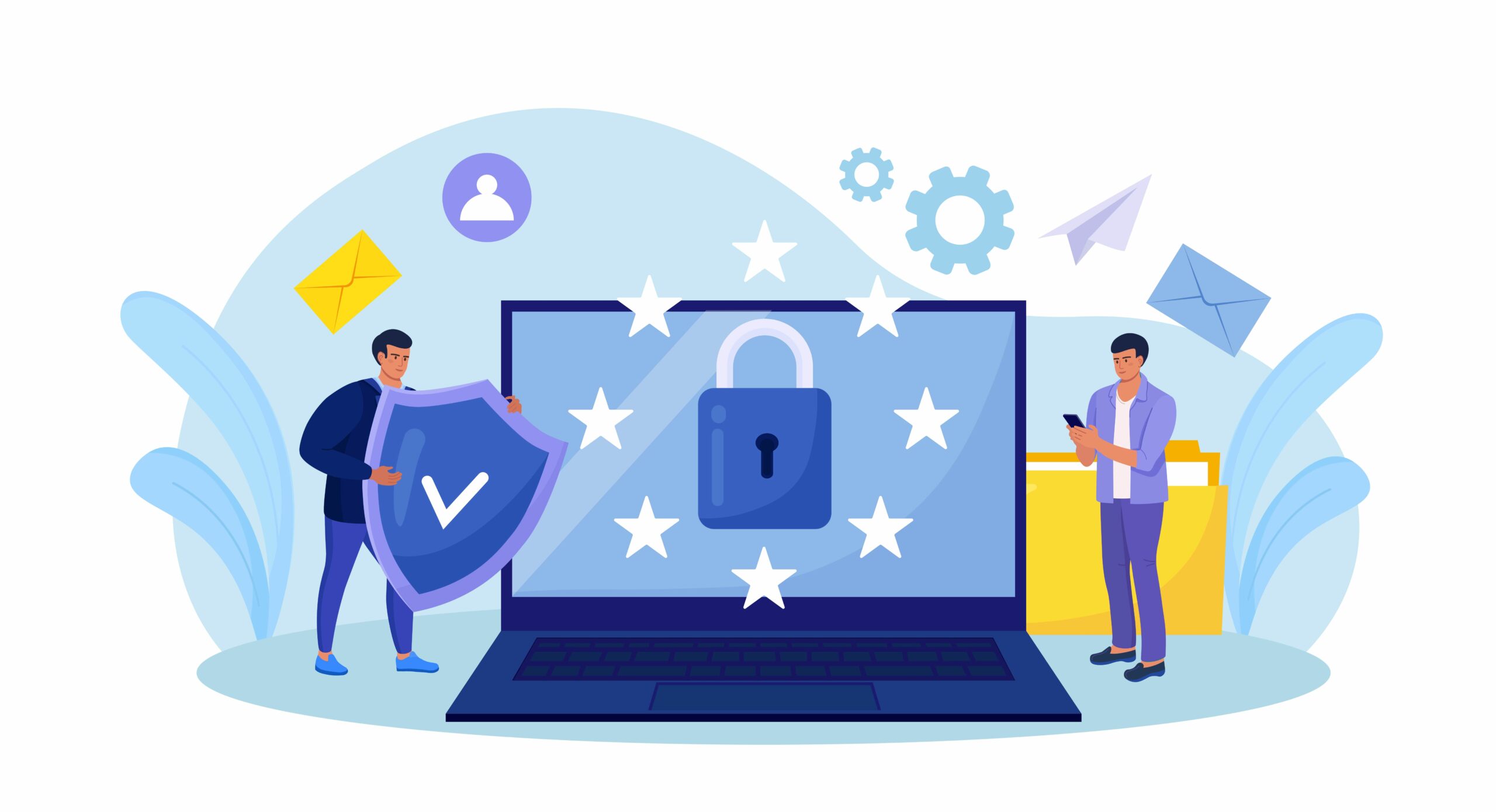Whether you manage a business or browse online for pleasure, you know that using the web may expose you and your firm to various threats.
Cybercriminal conduct is becoming more sophisticated as technology progresses. Hackers are always devising new and more sophisticated methods to target sensitive data, putting your privacy in danger. So, when securing yourself and your organization online, you may have thought about using private browsing or selecting a VPN.
Using a reputable virtual private network (VPN) can provide a secure method to access the Internet. VPN security can defend against IP spoofing and encrypt internet history, and it is increasingly being used to thwart government surveillance. VPNs, however, will not keep you safe in all circumstances.
VPN stands for virtual private network, allowing internet users to safeguard themselves and their organizations by generating a secret online surfing experience.
VPNs, virtual private networks, are useful for hiding your online behavior and location and transporting data between your computer and the VPN server over a secure virtual tunnel.
Although VPNs keep prying eyes away from your information, some people distrust the VPNs themselves. Is it, after all, truly secure?
Is Private Browsing Truly Confidential?

You may ask why you need a VPN when your browser supports private surfing.
Popular web browsers contain a function known as private surfing, which allows users to browse the web without recording their history, search information, or temporary local data such as cookies. P
Top browsers, such as Apple Safari on Mac and iOS, Google Chrome’s Incognito mode, Mozilla Firefox, Opera, and Microsoft Edge’s InPrivate Surfing, support private browsing.
The private browsing mode of a browser prevents data from being saved on a user’s local device or computer. It does not, however, prevent information from being transferred between the user’s device or computer and their ISP.
Third parties may also be able to monitor users’ behavior through private browsing sessions, which they can then utilize to abuse their operating system.
What characteristics must a decent VPN have?
You can use your VPN to do one or more tasks. The VPN should also be secure against compromise. However,
Not all VPNs offer the same services, each with advantages and disadvantages.
So, make sure you get the best VPN for your requirements.
These are the characteristics you should look for in a robust VPN solution:
Encryption of IP address
The primary and most important function of a VPN is to conceal your IP address from your internet service provider (ISP) and other third parties. This lets you communicate and receive information online without fear of being intercepted (except for yourself and the VPN provider). Also, look through internet reviews to discover whether the service has a history of leaks.
Log encryption
A VPN should also help you avoid leaving a trace. Internet history, search history, and cookies, for example. Specifically, cookie encryption. It prevents third-party access to sensitive information such as personal details, financial information, and any other content uploaded to websites you don’t want to be linked to.
Check the company’s terms of service before joining a VPN to discover if it monitors your online activity, retains logs but regularly purges them, or if the provider would ever divulge user information.
The kill switch
If your VPN connection fails, your internet access reverts to a standard connection. In addition, a VPN kill switch will terminate pre-selected apps if your connection becomes unstable, reducing the possibility of sensitive data leaking.
Authentication using many factors
Before logging in to the software, this security technique requires users to authenticate their identity in multiple ways—for example, your VPN account, in this scenario. For example, you may enter a password followed by a four-digit number provided through text message. The extra authentication makes it more difficult for unauthorized third parties to access your private connection.
What Are the Various VPN Types?

There are other varieties of VPN, but these are the three most common:
VPN for remote access
Access through the internet VPNs establishes a connection between the user and a distant server. This establishes a connection to a private network.
This is how most commercial VPNs operate. The VPN’s internal network serves as the remote server. The key advantages of a remote access VPN are that they are simple to set up and connect to. In addition, they encrypt your internet browsing data and let you change IP addresses to access geo-restricted material.
As a result, they are perfect for personal use. However, they may not be able to handle the complicated demands of huge corporations.
Site-to-site VPN
A site-to-site relationship VPN is simply a private network that allows users of secure networks to access one other’s resources while disguising private intranets.
A site-to-site VPN is beneficial if your company has many sites, each with its local area network (LAN) connected to the wider area network (WAN), or if you have two independent intranets that need to share content without expressly allowing users from one intranet to access the other.
Site-to-site VPNs are mostly employed in large corporations. They are difficult to set up and do not provide the same flexibility as remote access VPNs. Still, they are the most effective means to encrypt communications within and across big departments.
VPN client-to-provider
With this type of VPN, the user does not connect to the Internet through their ISP but through their VPN provider.
This effectively eliminates the tunnel portion of the VPN route. Instead of employing the VPN to construct an encryption tunnel to mask an existing internet connection, the VPN may automatically encrypt the data before sending it to the user.
This growing type of VPN is especially handy for suppliers of unsecured public Wi-Fi. It prevents unauthorized access and compromises network connections by encrypting data to the provider.
It also prohibits ISPs from seeing unencrypted data and circumvents limits on the user’s internet connection.
Is it possible to hack a VPN?
A VPN can be hacked, but not in the way you may anticipate. Commercial VPN services utilize high-quality encryption to safeguard your connection, often AES-256 or ChaCha20. Both ciphers are top-notch, keeping prying eyes at bay and your internet behavior is hidden.
To summarize, you should not be concerned about someone compromising your VPN connection. It’s a fool’s errand that needs a few dozen supercomputers and a trillion years of free time. On the other hand, VPNs may have been hacked in various ways.
FAQs
Is it simple to set up a VPN?
A VPN is normally easy to set up. Most VPNs may be configured automatically when you download their relevant program to your device. On the other hand, a manual setup can take as little as 10 minutes.
What are the prices of VPNs?
The cost of a VPN varies based on the company and the options you select. Some are as little as $3.00 per month, while others are as much as $13 per month.
Will using a VPN slow down my internet connection?
VPNs might cause your internet connection to slow down. However, the change is usually so minor that you may not even realize it.
Is it necessary to have a VPN on all of my devices?
No, not always. Please let us know if you have gadgets that you don’t use very often or don’t use to convey important information. Install VPN software on any devices that you routinely transfer sensitive data over. It’s also worth noting that not every internet-connected gadget can use a VPN.
Some VPNs allow you to install them directly on your router, allowing all devices on your network to utilize the VPN by default. If this is the case, you may not need to purchase a multi-device subscription.
Is it difficult to set up and operate a VPN?
No, most standalone VPNs are fairly simple to set up. A few inputs control most, generally an on/off switch and a nation selector, which allows you to pick whatever country’s IP you want to construct. Keep in mind that this may not be the case with corporate VPNs.
How can I tell whether my VPN is active?
The VPN is operational once the connection is established. If you’re using a solo VPN, the app should give real-time statistics, which will tell you whether or not your VPN connection is operational.
Conclusion
VPN security isn’t a black-and-white issue. Instead, it’s chock-full of factors that might influence whether you’re safe online. However, ExpressVPN, CyberGhost, NordVPN, and Private Internet Access all strike the right notes, leaving your connection significantly more secure than before.
We highly advise you to use a VPN if you want to be safe from any risks and invest in the correct one.




